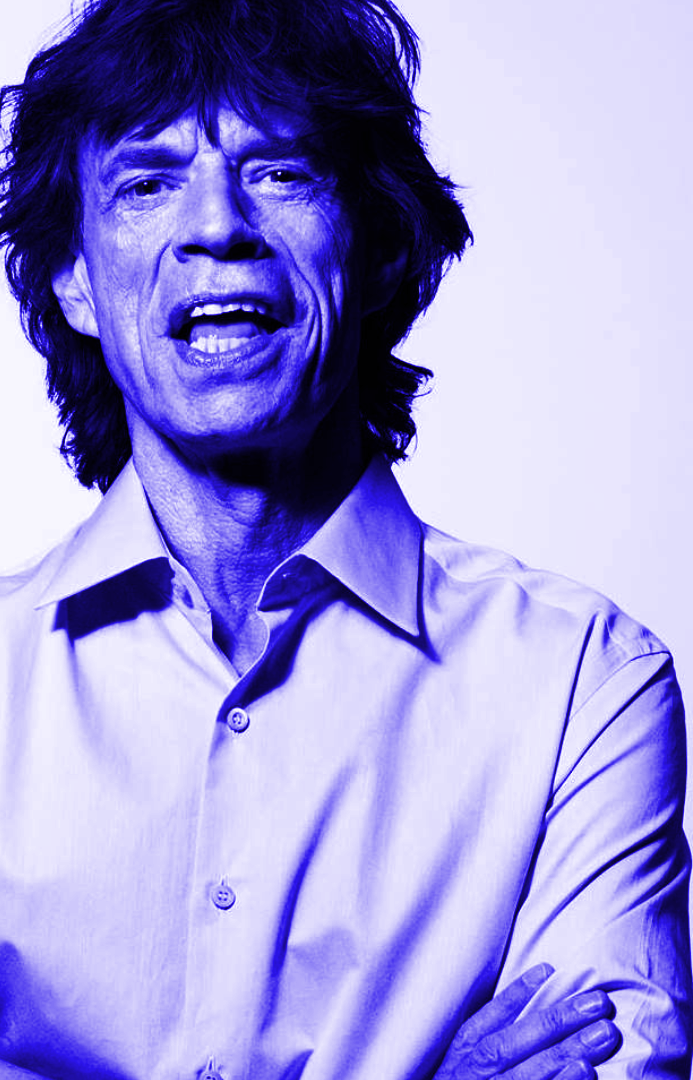Federal government working to expand access to ‘transformative’ sickle cell treatments, HHS Secretary RFK Jr. says in Charleston
CHARLESTON, S.C. (WCBD) — One of the Trump administration’s top health officials said Friday that the federal government is working to expand access to and lower the cost of “transformative” treatments for Medicaid recipients with sickle cell disease.
Health and Human Services Secretary Robert F. Kennedy Jr. spoke about the initiative during the National Conference of Insurance Legislators’ spring meeting at the Francis Marion hotel in downtown Charleston.
The three-day conference brings together state lawmakers, insurance commissioners, and lobbyists for a series of discussions focused on various insurance policy areas.
In brief remarks, Kennedy said the Centers for Medicare and Medicaid Services (CMS) has negotiated with manufacturers of an FDA-approved gene therapy for sickle cell to create an “innovative payment structure” and support services.
He offered few specifics about how the model — which began under the Biden administration — would work but claimed that 35 states, covering 84% of Medicaid beneficiaries with sickle cell, have applied to participate.
“This goes to show we are meeting a real need that states have for affordable, next-generation therapies,” Kennedy said, adding the model is “a real win-win for everybody.”
“It also realizes a broader principle I want to realize through HHS,” he continued. “People assume that budget cuts translate into worse service for beneficiaries, and I don’t think it has to be that way. When we adopt cutting-edge technologies and make tough but fair negotiations with the industry, we can cut costs and improve patient care.”
Sickle cell disease is a genetic blood disorder in which red blood cells are misshapen, typically in a crescent shape, and cannot bend or move easily. This blocks blood flow to the rest of the body, causing strong pain episodes and other potentially serious health complications, according to the National Institutes of Health.
The U.S. Centers for Disease Control and Prevention reports that the condition affects approximately 100,000 Americans, more than 90% of whom are Black. Treating the disease is expensive, with some estimates placing the lifetime cost of medical care for patients at around $2 million.
The secretary said that states such as South Carolina, with high burdens of sickle cell disease, have helped inform the new payment model and applauded Republican Sen. Tim Scott for his ongoing efforts to expand access to care.
Scott arrived at the hotel shortly after Kennedy’s remarks to participate in a roundtable discussion with doctors from the Medical University of South Carolina and a sickle cell patient who received gene therapy treatment.
“The fact that we’re doing [Kennedy’s announcement] here in South Carolina is a real blessing,” Scott told reporters afterwards. “I was really excited to see him come to us because when you think about the sickle cell fight, it is right here in South Carolina. We’re sometimes ground zero.”
Scott noted that the secretary also assuaged his concerns that the Office of Minority Health could be eliminated as the Trump administration looks to drastically slash the size of the federal government.
Lt. Governor Pamela Evette (R), who also participated in the discussion, said she was proud to see the Palmetto State “leading the way” on sickle cell research and treatment.
Outside, a small group of protestors gathered on the corner of King and Calhoun streets to demonstrate against Kennedy and the health policies his agency is pursuing.

“I’m very concerned with what’s going on with American healthcare,” Julia O’Shea said, as she held a sign reading “No health registries for any American” – an apparent reference to CBS News reporting that a new disease registry is being launched to track Americans with autism.
Some, like Jessica Towne, expressed fears over what HHS programs might be cut and urged Kennedy to “do the right thing” related to vaccines. A known skeptic, the secretary faced intense scrutiny during his Senate confirmation hearing over his controversial views on vaccination.
Others took direct aim at the purpose of the meeting happening just upstairs in the hotel.
“[Insurance] is a for-profit industry, and that’s why all those people are here,” said Jennifer Small, noting her concern about a perceived push to privatize Medicare.
“Costs are definitely going to go up, and preexisting conditions will be a factor again,” she predicted.
Friday marked Kennedy’s second visit to the Lowcountry in the past 18 months. He hosted a town hall with Charleston voters during his 2024 presidential campaign.
Click Here for the Full Article
Author: Sophie Brams







